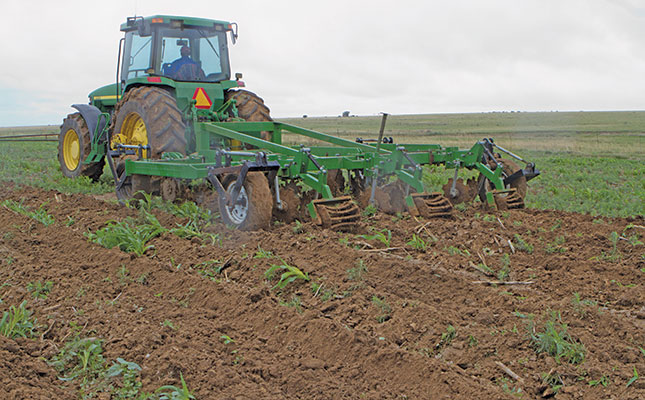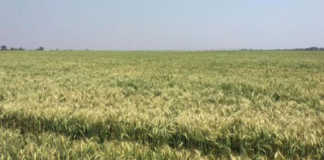
Photo: FW Archive
Sharing their report on the latest iteration of the Expropriation Bill (B23-2020), Free State Agriculture (FSA) held a media conference on 11 December, highlighting their concerns should the Bill succeed in Parliament. Chief among their concerns was the clause that allowed more broadly for expropriation at nil compensation.
Francois Wilken, president of FSA, said certain clauses in the Bill would jeopardise the very basis of a healthy economy and that, besides targeting agriculture, it was an “attack on every individual’s property rights”.
During the conference, while listing their position in the matter, FSA stated that they also rejected the proposed amendment to Section 25 of the Constitution (Act 108 of 1996) as well as any legislation or policy that provided for expropriation without compensation.
They also said that property rights needed to be accessible to all South Africans; however, in their view, the Bill in question would diminish and threaten individual property rights.
Should the Bill be passed, the country could see “instant further credit downgrades, capital flight and a collapse of our economy leading to worse levels of poverty”, said Jack Armour, FSA’s operations manager.
Addressing the Bill’s wording, Armour said that the term “public interest” was intended to be a blanket definition. “Expropriation” was also a term that Armour said was not well defined.
“Clause 12(3) lists a number of the circumstances that are open to wide interpretation. What would it mean if land is not used for the owner’s main purpose? What does failure to control land mean? What constitutes private property posing a health, safety or physical risk? Who will make such decisions? These clauses can be applied to any property,” Armour said.
Wilken suggested that the Bill would act as a means for government to seize private sector assets.
During the conference, Annelize Crosby, a legal expert and head of land affairs at Agri SA, said that members of the public had until 10 February next year to submit comment on the Bill.
“The big difference between the current bill and the previous version of the bill is the clauses 12(3) and 12 (4), which were inserted into the latest version of the Bill, [and] did not appear in the previous 2013 version. Those are the clauses that provide for the possibilities of nil rand compensation,” Crosby told Farmer’s Weekly.












